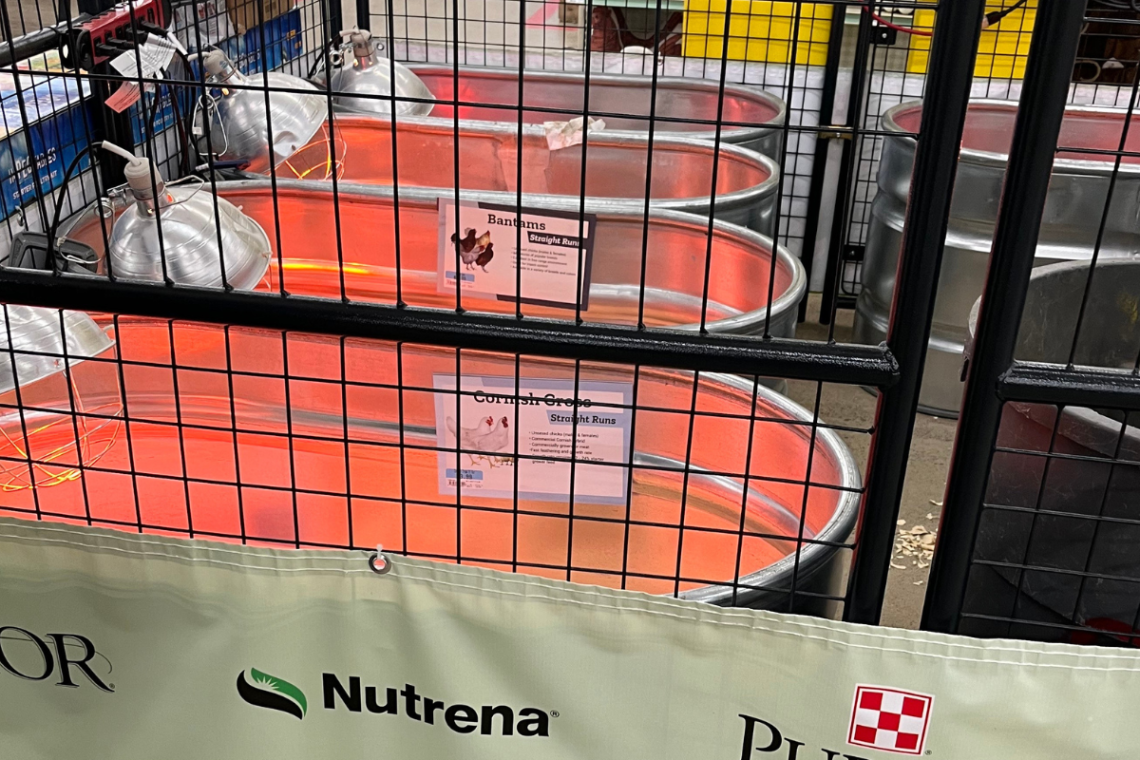I may receive a commission when you click on links and make a purchase.
It’s that time of year again when the chicks and ducklings start popping up at Tractor Supply and other feed stores. While there’s nothing wrong with picking up some baby birds at these stores, there are a few things you should know first for the long-term success of your flock.
1. Their Sex Is Not Guaranteed
Tractor Supply usually has a bin of more expensive chicks that are sexed, as well as what are called “straight run” chicks, which are unsexed. However, at such a young age, it is nearly impossible to 100% guarantee the sex of the bird. While buying sexed chicks will definitely be a better bet than buying unsexed chicks, there is still a small possibility you could end up with a rooster.
While some local hatcheries often have a rooster buy-back program, where you can swap out a rooster for a hen should you accidentally end up with one, Tractor Supply doesn’t do this. So just be prepared for that possibility.
If you are buying straight run chicks, expect a random mix of males and females. Keep in mind that you cannot keep more males than females in the same area, as overmating and serious injury or even death can occur. A good rule of thumb is keeping 1 rooster for every 10 hens you have, or 1 drake (male duck) for every 5 hens.
2. They’ll Need Heat, Even in the Spring
Unless you live in a very warm climate, plan on providing your chicks or ducklings with a constant source of heat, such as a heat lamp or brooding plate, for the first few weeks. You need to have this set up in your brooder box in advance, because they won’t be able to go even a single night without it.
I prefer using a brooding plate over a heat lamp, as they tend to be safer and easier to adjust as your birds grow.
3. They’ll Need a Predator-Proof Coop
A predator-proof coop is something you’ll want to have set up before you bring them home, or at least well on its way to being set up. Your chicks or ducklings will need to live in their warm brooder box for a few weeks or until they are fully feathered, so you will have a little bit of time to finish their coop before they move in.
One common mistake I often see is using chicken wire to secure coops. While chicken wire should keep your chickens inside, it won’t keep predators out. You’ll need quarter-inch hardware cloth for that. It is more expensive than chicken wire, but it is a must for securing your coop.
4. Chickens and Ducks Can Live Up to 10 Years
Getting chicks or ducklings is a long-term commitment and not something to decide to do on a whim while shopping at TSC one day. Again, it is ideal to already have a setup at home that’s move-in ready before bringing your birds home. While I find tending to my ducks enjoyable and fairly low-maintenance compared to horses or other larger animals, they still require a fair amount of work and money.
5. Getting Birds Doesn’t Save Money on Eggs
With the price of eggs the current talk of the economy at the moment, many people are becoming interested in raising their own birds – and that’s great! But anyone with birds will tell you, you are not going to save money on eggs. In fact, you’re probably going to spend much more on your homegrown eggs than buying eggs at the store, even when prices are crazy high.
But the tradeoff is that you know your birds are treated humanely and are fed a nutritious diet, making your eggs that much healthier for you.
Bottom Line
There’s nothing wrong with getting some chicks or ducklings from TSC or other feed stores. Just know what to look for when buying them and know what you’re getting yourself into before bringing them home.






